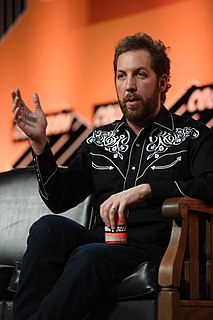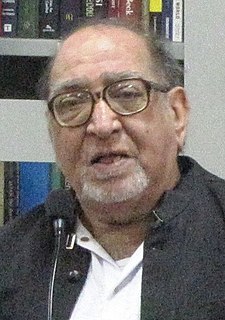A Quote by Chris Sacca
Buckminster Fuller - he never lost faith in the goodness of humanity.
Quote Topics
Related Quotes
The world is full of people who have lost faith: politicians who have lost faith in politics, social workers who have lost faith in social work, schoolteachers who have lost faith in teaching and, for all I know, policemen who have lost faith in policing and poets who have lost faith in poetry. It's a condition of faith that it gets lost from time to time, or at least mislaid.
[Buckminster Fuller ] never got past his freshman year [in Harvard], because the guy was an insane womanizer and he did parties every night, never studied anything, never took a note, didn't care about anything and just had a blast. So they said, "We gotta let you go. You get zeros all the time." Today it wouldn't even matter, because they don't care if you can read.
Buckminster Fuller was down in Pennsylvania, then he'd come up and go to his island in Maine. He wanted to remain a New Englander. He taught from '48 to '49 and '50 at Black Mountain College. That's where he met Kenneth Snelson. Fuller kind of stayed a Yankee right in the New England area. So it was pretty easy to get him to come on over, and we would have lectures at the Harvard Science Center.

























